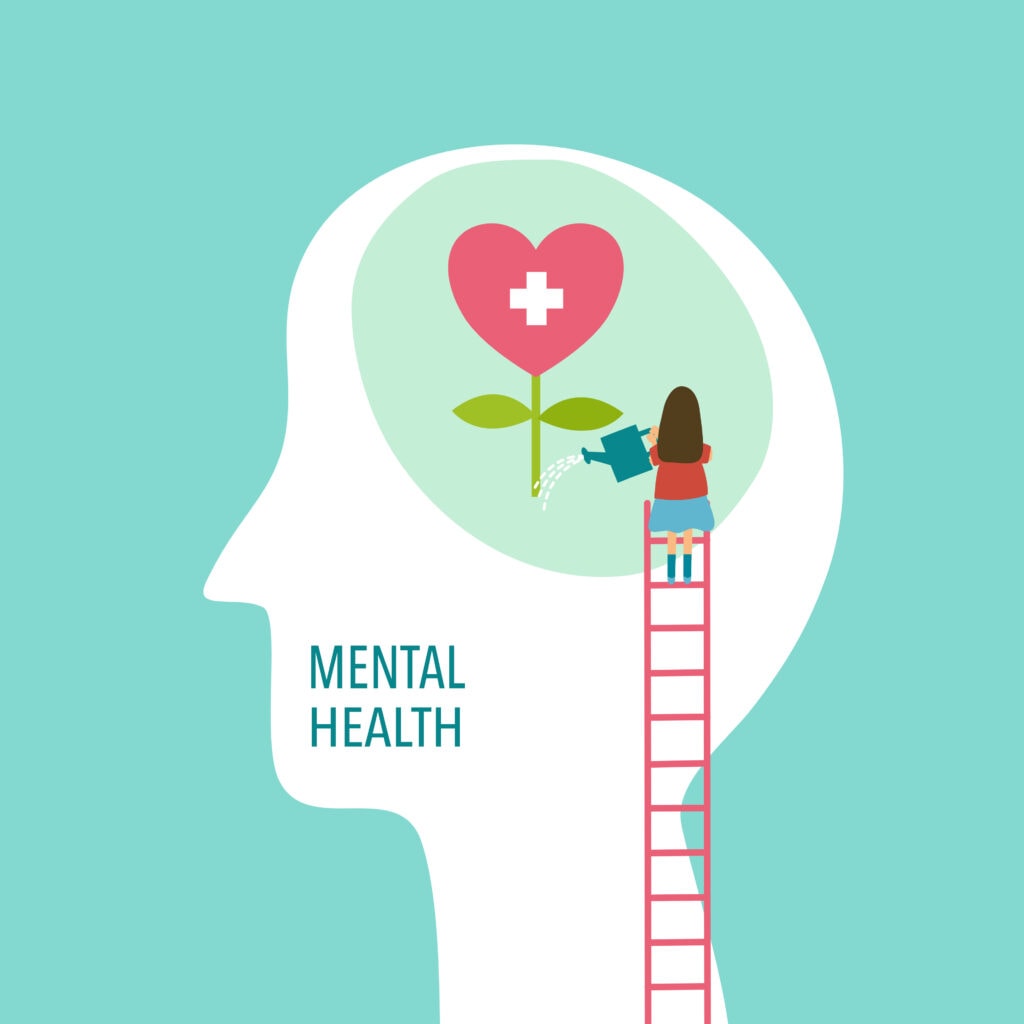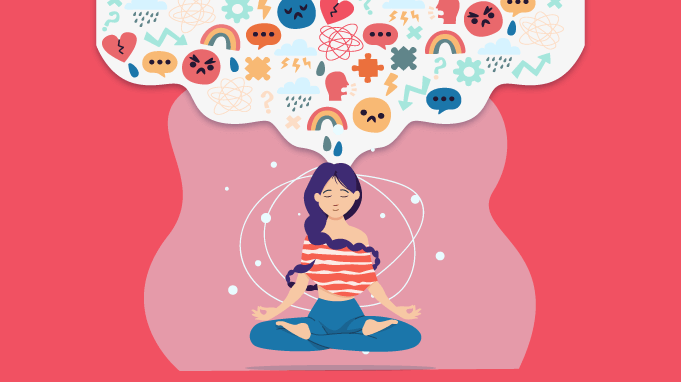Anything human is mention-able, and anything mention-able can be more manageable. When we can talk about our feelings, they become less overwhelming, less upsetting, and less scary.” – Fred Rogers
Recollect the last time you consulted a doctor because you were anxious and suffering sleepless nights. Probably you don’t remember, right? Maybe you never consulted one!
That’s how we treat our mental health. The first step to create awareness is to accept that similar to physical illness mental illness also EXIST. Isn’t it ironic that the master of our body that deserves the uttermost care is so underrated in terms of its health?

American Psychiatric Association defines mental illness as “health conditions involving changes in emotion, thinking or behavior.”
According to the WHO- “mental health is related to mental and psychological well- being”.
Mental illnesses are associated with distress or problems functioning in social, work, or family activities.
Mental health concerns can prevail for longer times but when they start interfering with the normal functioning of the person they are termed as mental illness. There are various factors that can deter mental well- being such as stress, anxiety, social and economic pressure, etc.
Mental health is not just the absence of mental disorder but also looking after happiness.

Derived from Latin words-
Suicide constitutes all cases of death directly or indirectly resulting from the act of a person who is aware of the consequences of the behavior.
According to the Government of India death is classified as suicide if it follows these three criteria:
Suicide is not a choice but a consequence. It is not committed but abetted. Although the exact cause of suicide is unknown some major risk factors considered for suicides in India include:
A World Health Organization (WHO) report revealed that 7.5 of the Indian population suffers from mental illness.
In 2017 197.3 million Indians were having mental disorders, including 45.7 million with depressive disorders and 44.9million with anxiety disorders.
WHO predicts that by 2020 approximately 20% of India will go through mental illness.
India’s National Crime Records Bureau reported that in 2015 the total number of suicides in India was 133,623. The rate was 10.6 per 100,000 with female to male ratio of 2.2.

Numerous organizations are working recklessly with a mission to help YOU. Some of them are mentioned here with their helpline no.